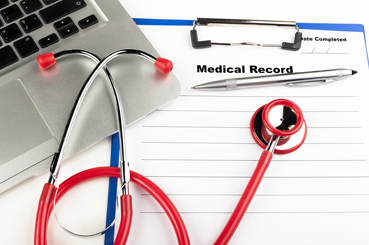Shocking statistics of patient data leaks across the US is a matter of great concern with reports of healthcare employees stealing patient identities to pay their water and gas bills. Data breaches have affected more than 20 million patients by the month of May this year. Many place the blame on the failure of healthcare software.
Software Providers Abound but to What Effect?
Healthcare providers that adopt electronic patient records are offered financial incentives and this has led to an explosion in the number of software providers in the market. The problem is that many EHR systems lack in even the basic functionality. It has been found that users find “ways” to compensate for the poor usability, which in turn result in data leak. They tend to avoid security solutions that prove to be a hindrance, or otherwise make the data vulnerable by moving it into portable formats such MS Word and Excel. Software providers need to think about basic challenges such as usable applications, access control and other relevant aspects to ensure more user-friendly, secure and practical software.
Healthcare Practices to be More Wary
Healthcare practices need to monitor any instance of infringement in data handling very seriously, putting it clearly across to the team that it is not acceptable. The staff needs to be educated on aspects such as HIPAA compliance and other confidentiality requirements. If tarnished by the flaw of data leak, practices stand to lose business in terms of patients who may forego trust in them and leave. The healthcare team should therefore be apprised of what is unacceptable. They can be given clear-cut rules regarding the standards they are expected to follow. Frequent meetings can be organized to educate them on privacy requirements, ethics, and data management. The management should also have a clear-cut policy regarding social media participation to prevent sensitive patient data appearing even inadvertently on Twitter, Facebook and YouTube.



